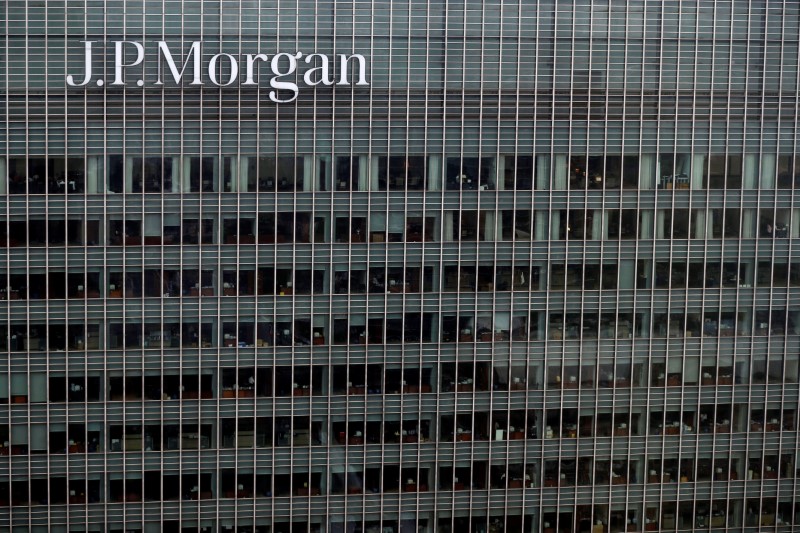Benzinga - by Piero Cingari, Benzinga Staff Writer.
Jamie Dimon, chairman and CEO of JPMorgan Chase & Co. (NYSE:JPM), remains concerned about stickier inflationary pressures and higher interest rates than investors currently expect.
What Happened: In his latest shareholder letter, Dimon identified several inflationary factors including the need for increased spending, the shift towards a greener economy, the restructuring of global supply chains, heightened military expenditures, and rising healthcare costs.
Dimon’s letter also cited the ongoing conflicts in the Middle East and Ukraine, increasing terrorist threats, and escalating tensions with China.
Despite these challenges, Dimon praised the U.S. economy’s resiliency, underscored by robust consumer spending. However, he remains skeptical regarding the prevalent market optimism for a soft economic landing.
“Markets seem to be pricing in at a 70% to 80% chance of a soft landing — modest growth along with declining inflation and interest rates. I believe the odds are a lot lower than that,” he said.
Dimon claimed that the company is ready for a wide spectrum of interest rate scenarios, ranging from 2% to 8% or possibly higher, alongside diverse economic conditions—from robust economic growth accompanied by moderate inflation to a recession coupled with inflation, also known as stagflation.
“Economically, the worst-case scenario would be stagflation, which would not only come with higher interest rates but also with higher credit losses, lower business volumes and more difficult markets,” Dimon added.
While the “mini banking crisis of 2023” has concluded, Dimon advises caution regarding higher interest rates and a potential recession.
In an adverse scenario, if long-term interest rates rise above 6% in conjunction with a recession, “there will be plenty of stress” across businesses, Dimon warned.
Why it Matters: Dimon and other economists like Ray Dalio have warned about an imminent recession for the past few years, and they were wrong.
Yet, as recently as last month, the longtime JPMorgan CEO continues to warn of such a scenario despite what he calls a “booming” economy.
As a rule of thumb, Dimon stated in his letter that a mere 2 percentage point rise in interest rates typically slashes the value of most financial assets by 20%, and specific real estate assets, such as office properties, might see even greater devaluations due to recessionary impacts and increased vacancy rates.
Dimon also criticized the Basel III regulations, claiming they put American banks at a disadvantage by requiring them to hold significantly more capital than their international counterparts. Such disparities could undermine the competitiveness of U.S. banks, he says.
Whether regulations have hindered JPMorgan Chase is questionable.
After all, 2023 marked a milestone year for the firm. Touted as the largest bank in the U.S., holding close to $3.4 trillion in assets, JPMorgan is set to report record results for the sixth year in a row.
It is also expected to achieve $162.4 billion in revenue and $49.6 billion in net income. The bank’s return on tangible common equity stood at 21%, showcasing strong performance across all business sectors.
Furthermore, JPMorgan increased its quarterly dividend twice in the past year, reflecting confidence in its financial health and commitment to shareholders.
The bank also noted an increase in its share of the overall U.S. banking system deposits to 11.3% in 2023, making it the leader among American banks. Total deposits and client assets surged to a record $7.7 trillion by year’s end.
Read Now: Goldman Sachs Predicts Rosy 2024 Economic Outlook, Yet A Challenging Q1 Earnings Season For S&P 500 Stocks
© 2024 Benzinga.com. Benzinga does not provide investment advice. All rights reserved.
